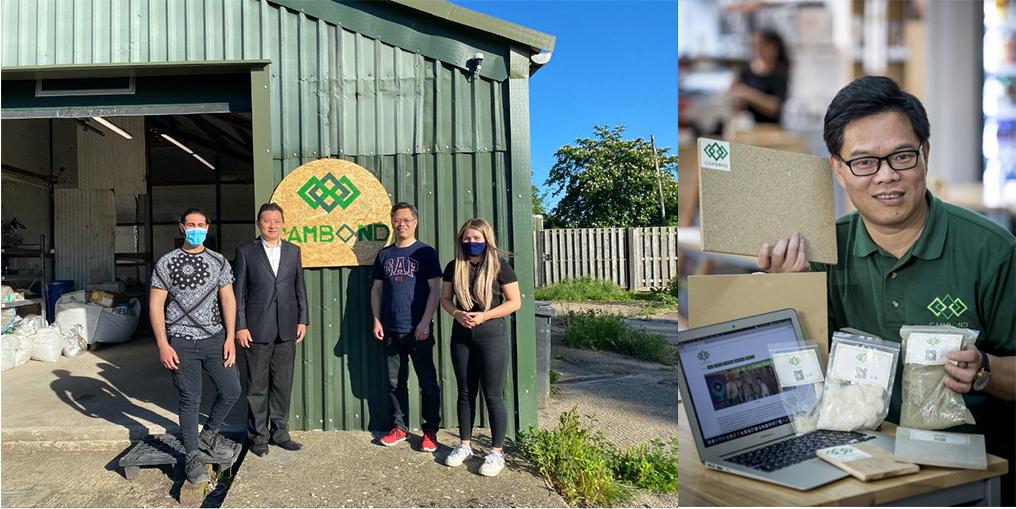
Dr Xiaobin Zhao, Co-Founder and CEO of Cambond, joined CKGSB’s Igniting Innovation for Impact in 2020 to work with a team of business leaders to “Turn Waste into Taste.” The idea is to combine its environmentally friendly building materials together with LSO’s zero-waste and low carbon aquaculture technology to produce protein at a low cost while having an impact on the environment and society by using less land and water. Ensuring responsible consumption and usage of natural resources has been identified as one of the 17 United Nation Sustainable Development Goals (UN SDG).
In a world where global challenges and advances in technology bring both uncertainty and new possibilities, chemical and material science and engineers have a critical role to play. How can we maximise the impact we make across academia, industry, government, and education? How can we ignite innovation to have a social impact by using biobased materials to replace and reduce the use of oil-based products for construction such as paint, adhesive and coating?
Wood panelling is a $300billion industry where 20 million tonnes of toxic formaldehyde-based resin is used every year to bind wood fibres and chips to make boards for furniture and the construction industry. The health concerns and regulation requirements to reduce the level of formaldehyde emission in our living environment must be addressed through innovation.
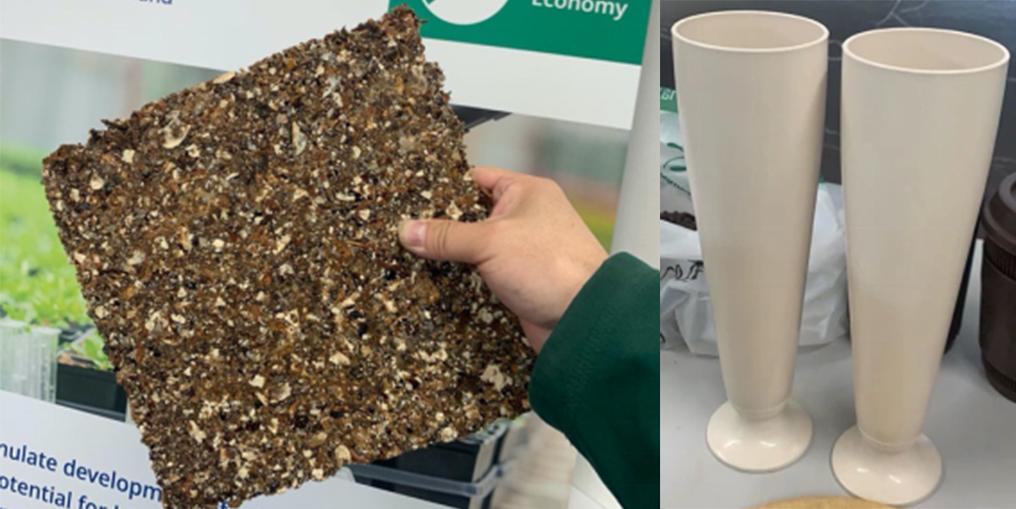
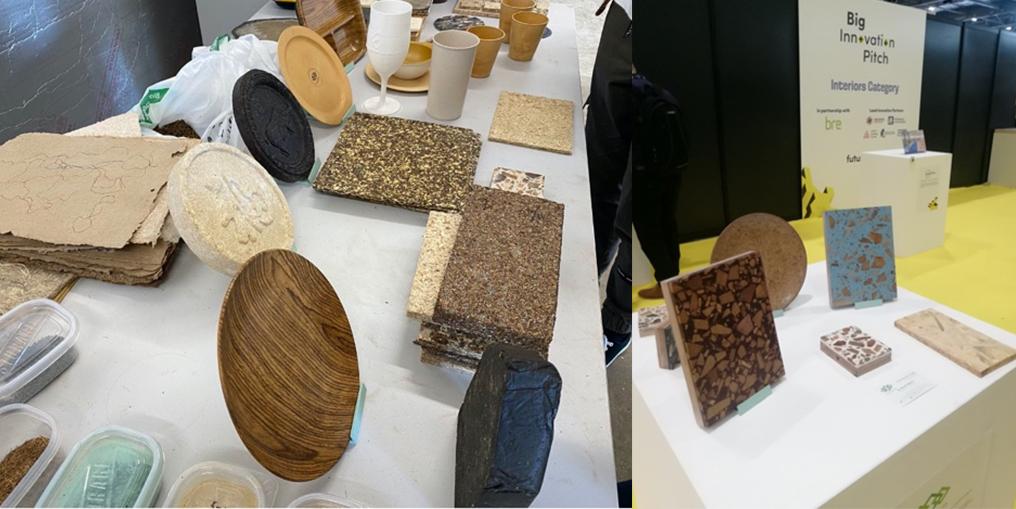
Cambond developed an innovative bio-based resin that provides an environmentally friendly industrial adhesive to replace formaldehyde-based resins in products like medium-density fibreboard (MDF), particleboard and plywood.
By mimicking how body collagen bonds tissue to support the structure of a human body, Cambond uses plant-based protein together with its patented crosslinking technology to offer a direct replacement for this oil-based material, offering a more sustainable and healthier option to the construction industry.
It has also combined its bioadhesive with other natural agricultural waste such as straw or polymers to produce biocomposite, which can replace plastics in applications such as sustainable packaging, compostable materials, and construction board manufacturing.
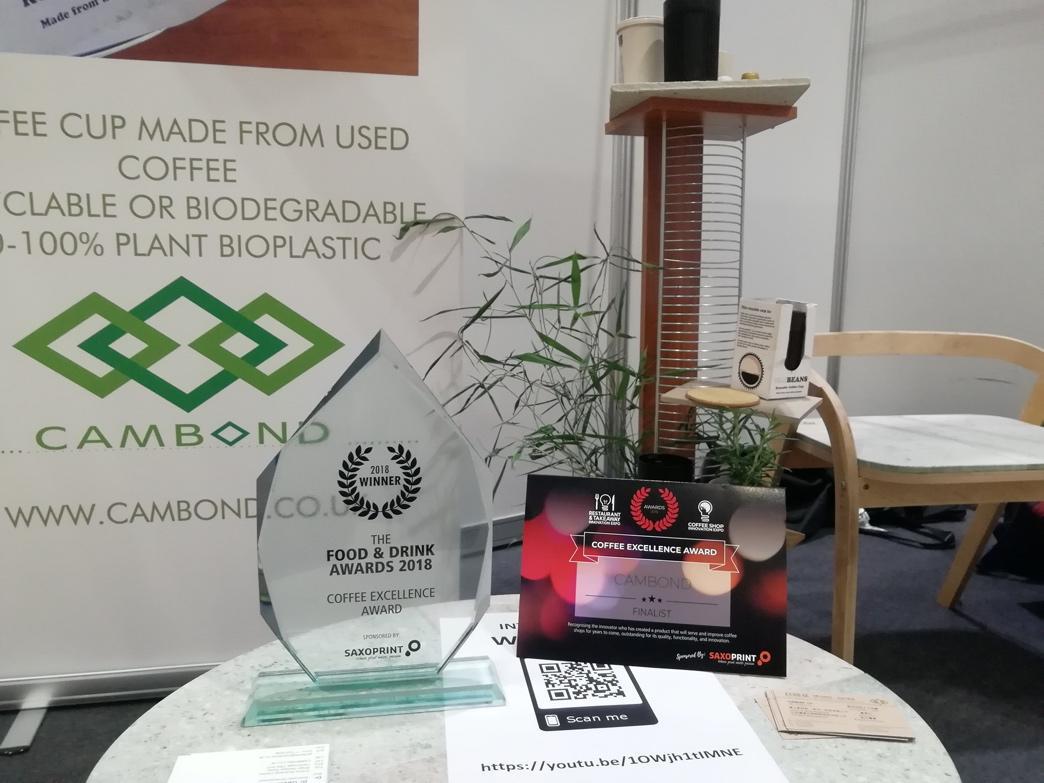
This technology is a low-cost solution that can be used in existing manufacturing processes. The other advantage of this technology is that it offers a fully circular solution that turns food and beverage waste, and biomass by-products into valuable materials, helping to lower greenhouse gas emissions.
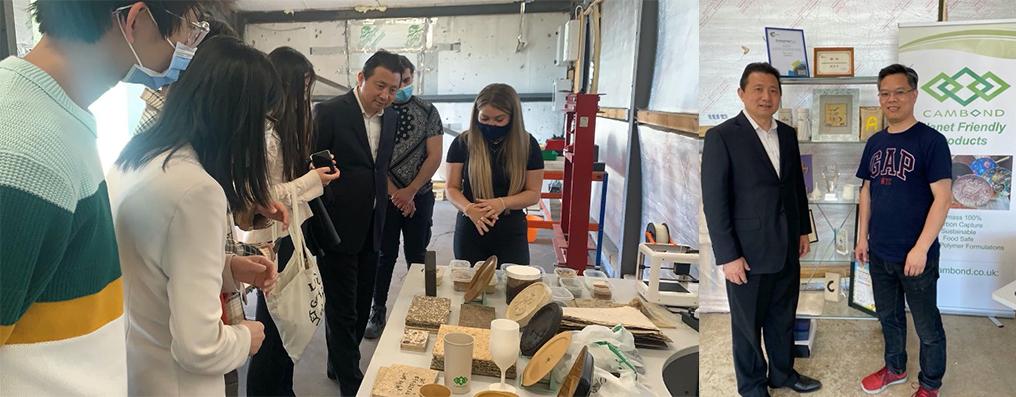
Dr Xiaobin Zhao:
“The course is designed in a structured way. It motivates leaders to adopt the knowledge and skills learned from the course to do business for good. You can apply what you have learned directly to your real business. The interactions among tutors, speakers and students are stimulating and effective as there are plenty of course materials and lectures to read and attend even when we are at this unprecedented COVID-19 pandemic time without being able to physically meet each other during the entire program. Certainly, the passion for impact is critical to igniting innovation for every business leader but why, what and how to achieve the goal? Hope you will also find all the answers from this program.”
Video: Participant Experience | Xiaobin ZHAO – Igniting Innovation for Impact 2021 APR